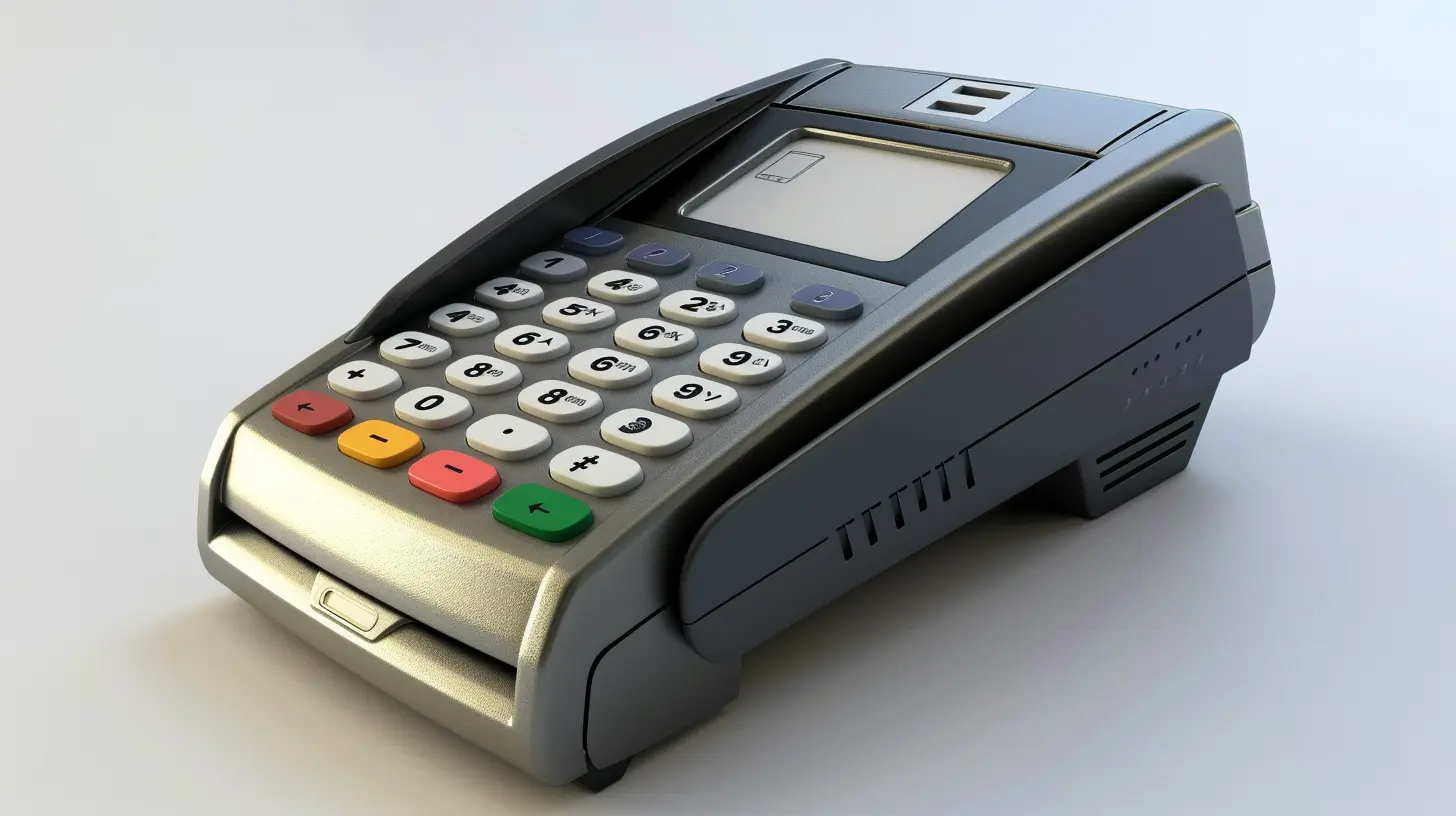Breaking Down the Best E-Commerce Payment Gateways
22 July 2025
If you're running an online business, you know how crucial a reliable payment gateway is. It's the bridge between your customer and your revenue—without it, making money online would be nearly impossible. But with so many options out there, choosing the right one can be overwhelming.
Don't worry—I’ve got you covered. In this article, we’ll break down the best e-commerce payment gateways, what makes them stand out, and how to pick the perfect fit for your business.

What Exactly Is a Payment Gateway?
Before we dive into the top contenders, let's get the basics straight. A payment gateway is a service that processes online payments for e-commerce websites. It acts as a middleman between your customer’s bank and your business, ensuring that transactions are secure and smooth.Think of it like a digital cashier—handling credit card transactions, verifying payments, and keeping everything running safely in the background.
Why You Need a Solid Payment Gateway
- Security – Customers want to know their payment details are safe. A reliable payment gateway encrypts sensitive information, reducing fraud risks.- Faster Transactions – Nobody likes waiting, especially not online shoppers. A good gateway ensures quick and seamless transactions.
- Multiple Payment Methods – The more ways customers can pay (credit cards, PayPal, digital wallets), the more sales you can secure.
- Global Reach – If you sell internationally, you need a gateway that supports multiple currencies and regions.

The Best E-Commerce Payment Gateways
Now that we know why payment gateways matter, let’s dive into the best ones available today.1. PayPal – The Industry Giant
Why It Stands Out:
PayPal is one of the most trusted names in online payments. With over 400 million active users, it offers credibility and ease of use for both businesses and customers.Key Features:
- Supports credit/debit cards and PayPal balances- Trusted by users worldwide
- Easy integration with most e-commerce platforms
- Fraud protection and buyer dispute resolution
Downsides:
- High transaction fees (especially for international payments)- Some customers may abandon checkout if they don’t have a PayPal account
2. Stripe – Best for Developers and Customization
Why It Stands Out:
Stripe is a favorite among tech-savvy entrepreneurs. Unlike PayPal, which is plug-and-play, Stripe is built for businesses that need more customization.Key Features:
- Supports recurring billing and subscriptions- Allows customization of the checkout experience
- Accepts multiple currencies and digital wallets (Apple Pay, Google Pay)
- High-level fraud prevention
Downsides:
- Requires technical knowledge to fully integrate- Slightly complex pricing structure
3. Square – Ideal for Small Businesses
Why It Stands Out:
Square is popular for small businesses and brick-and-mortar stores transitioning to e-commerce. It provides an all-in-one payment processing solution.Key Features:
- Free point-of-sale (POS) system for physical stores- Easy integration with e-commerce platforms like WooCommerce and Shopify
- Fixed transaction fees (no hidden costs)
- Accepts all major credit cards, Google Pay, and Apple Pay
Downsides:
- Not as widely used for international payments- Not ideal for large-scale businesses due to limited customizability
4. Authorize.net – Best for Established Businesses
Why It Stands Out:
Authorize.net is one of the oldest payment gateways, known for its reliability and security. It’s great for medium to large-sized businesses looking for a trusted system.Key Features:
- Accepts credit cards, eChecks, and digital wallets- Advanced fraud detection tools
- Supports recurring payments and subscriptions
- Strong customer support
Downsides:
- Monthly fees ($25 per month, plus transaction fees)- A bit outdated compared to newer platforms
5. Braintree – Owned by PayPal but More Flexible
Why It Stands Out:
Braintree (a PayPal company) offers a more modern, developer-friendly payment solution. If you like PayPal’s reliability but want better customization, this is a great choice.Key Features:
- Supports multiple payment options, including Venmo, PayPal, and credit/debit cards- Offers seamless integration with mobile apps
- No setup fees
- Transparent pricing model
Downsides:
- Requires some technical expertise to fully integrate- Approval process can take longer compared to PayPal

Choosing the Right Payment Gateway for Your Business
Now that you know the best options, how do you decide which one is right for your store? Here are a few factors to consider:1. Transaction Fees
Different payment gateways charge different processing fees. Some have flat rates, while others take a percentage of each sale. Always check the fine print before committing.2. Payment Methods Supported
If your customers prefer digital wallets like Apple Pay or Google Pay, you need a gateway that supports them. The more payment options you provide, the better.3. Ease of Integration
Not all gateways are easy to set up. If you're a non-tech-savvy business owner, choose one that offers a simple plug-and-play solution.4. Security Features
Look for strong encryption, fraud protection, and PCI compliance to keep customer data safe.5. International Support
Planning to sell globally? Ensure your payment gateway supports multiple currencies and international payments without hefty fees.
Conclusion
Your payment gateway is the backbone of your online business—choose wisely. Whether you go with PayPal for credibility, Stripe for flexibility, or Square for simplicity, make sure it aligns with your business needs and goals.A smooth checkout process can mean the difference between a sale and an abandoned cart. So, invest in the right payment gateway and watch your revenue grow!
all images in this post were generated using AI tools
Category:
E CommerceAuthor:

Jerry Graham
Discussion
rate this article
1 comments
Raleigh Hughes
This article effectively highlights the nuances of various e-commerce payment gateways, emphasizing their unique features and functionalities. Analyzing factors like transaction fees, security, and integration capabilities provides valuable insights for businesses. As e-commerce continues to evolve, choosing the right gateway will be crucial for success.
July 28, 2025 at 3:49 AM

Jerry Graham
Thank you for your thoughtful comment! I'm glad you found the analysis of payment gateways helpful for navigating the evolving e-commerce landscape.


